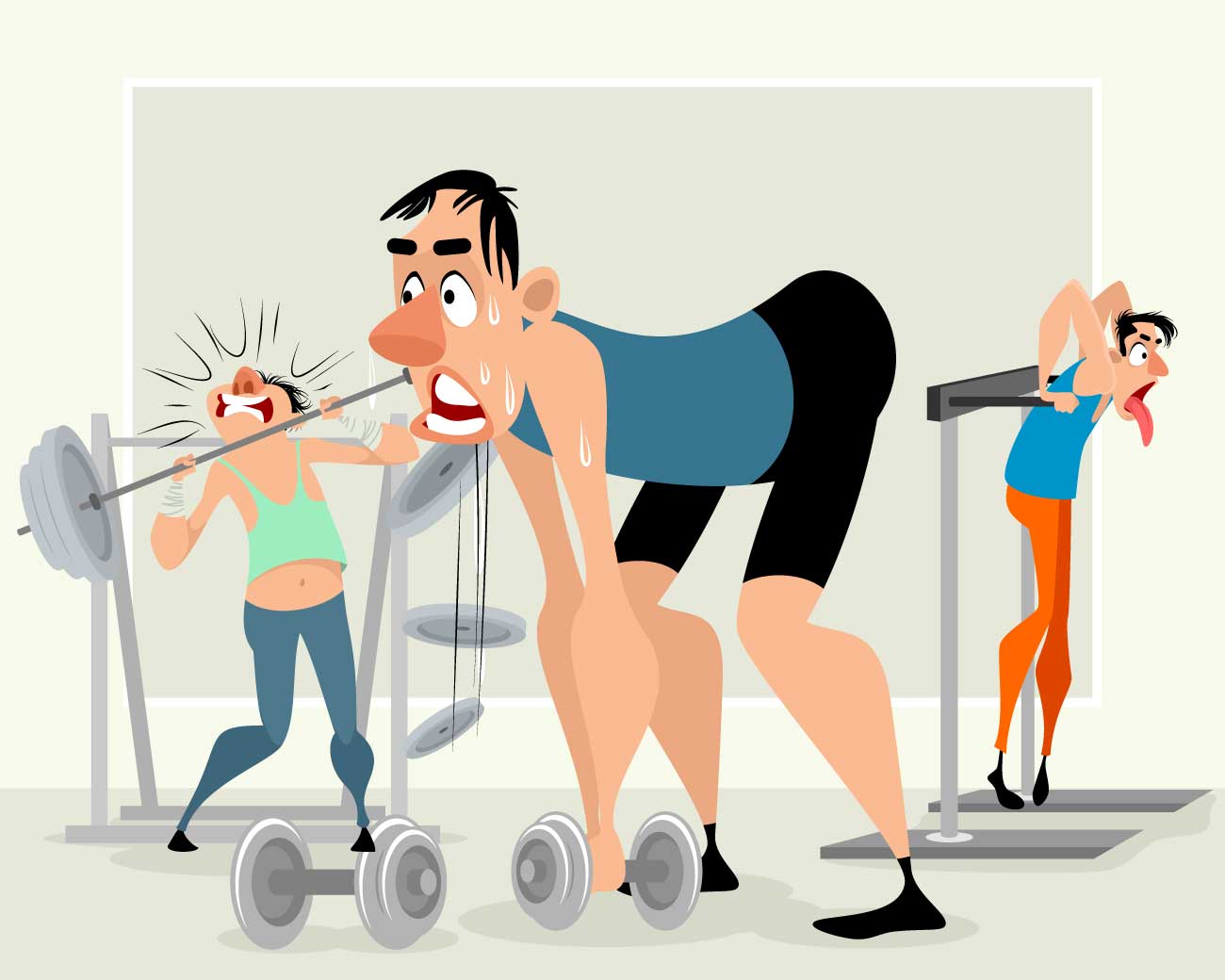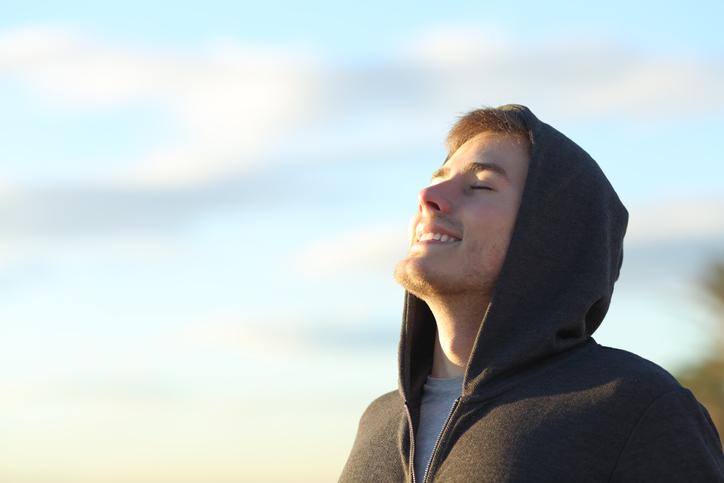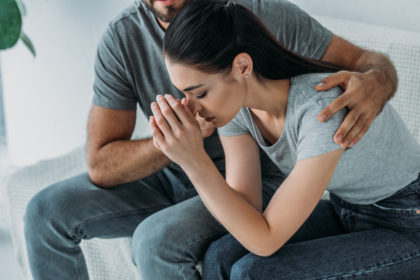I want to make one thing very clear. I am not a doctor, obviously, but hopefully, what I will write about will give you some idea of seasonal depression or seasonal affective disorder (SAD). You can talk to your doctor about it more if it sounds eerily familiar. Most probably feel some small version of SAD when the seasons change and the sun seem to disappear for what feels like months. But what is SAD, and how can you go about recognizing seasonal affective disorder?
I’ve started to feel some type of way as the days get shorter and shorter. I grew up in South Florida, where the sun is always out, so the stark contrast to Portland, especially during fall and winter, is crazy to me. Don’t get me wrong, I love it out here, but there are days when not seeing the sun sucks. And with the fall season changing here and winter fast approaching, I catch myself daydreaming about going home for the holidays and sipping a Pina Colada on the beach. And for those that don’t know me, I hate the beach, so I must need some sunlight if that’s what I’m daydreaming about right now.
What is SAD?
Seasonal Affective Disorder (SAD) is a mood disorder that is usually characterized by depression. It’s triggered at the same time of the year. SAD occurs in climates where there is less sunlight for a good portion of the year. About 5% of adults are affected by SAD.
Symptoms
Most people feel SAD coming on during fall or the early days of winter and start to feel better when the sunnier days of the year come along in Spring and Summer. Still, there are rare cases of those who have SAD triggered during Spring and Summer instead, which is known as Summer Depression.
Symptoms May Include
- Feelings of depression
- Having low to zero energy
- Trouble sleeping
- Lack of concentration
- Changes in weight and appetite
Fall and Winter SAD
The more common version, fall, and winter SAD, commonly has different symptoms than the summer and spring versions. Winter SAD symptoms may include oversleeping, appetite change (craving carbs especially), tiredness, and overeating.
Summer and Spring SAD
Although it is less common, Spring and Summer Sad can lead to insomnia, loss of appetite and weight, and anxiety.
Why you should know about SAD
Okay, now that the boring definitions are out of the way, let’s talk about SAD and why we should know about it even if you don’t suffer from it. Being educated on mental health is one of the humane things we can do as a collective group. While you may truly understand what someone goes through with anxiety and panic attacks, for example, you can at the very least educate yourself on the topic so you can better empathize with them.
It’s crazy to me to think that there are people on TikTok who didn’t have Bo Burnham’s new special, Inside, flooding their FYP on TikTok when it came out. Of course, there are jokes about mentally healthy TikTok and mentally ill TikTok, but the divide was never more apparent to me than during that time.
But enough proselytizing about the importance of knowing mental health and staying on track to talk about SAD. I think understanding SAD, especially if someone you love suffers from it, allows you to better understand them and how they go about their everyday lives. (Also, check out our blog about Dating and Depression and learn more about it.) Seasonal depression doesn’t mean someone is just sad, despite what the name might say. It can affect people in different ways and even get worse if left untreated. It can take forms like anxiety, just as an example, or withdrawing socially.
Take Care of Yourself
I’ve learned in my life that like a cut on your arm, don’t let a mental disorder fester. So much easier said than done. Sometimes it’s so hard to go about regular things in your life, and just maintaining yourself day to day can be exhausting, but if you can, try your best to seek help, especially if it’s a Bones Day. (For those who may not know, Noodles the pug is a saving grace the world needed in these quarantine days. Here’s a link to the TikTok account so you can follow along with the rest of us.) So talk to your doctor if you think you have SAD or really if you think anything might be affecting you. Asking if buying a SAD lamp would help alleviate some of the things you’re going through when the seasons change. I bought one, and I love it. Take care of yourself so that you can enjoy your life to its full extent.





[…] holiday blues. It may be worth speaking with a mental health professional or reading up on SAD (Seasonal Affective […]